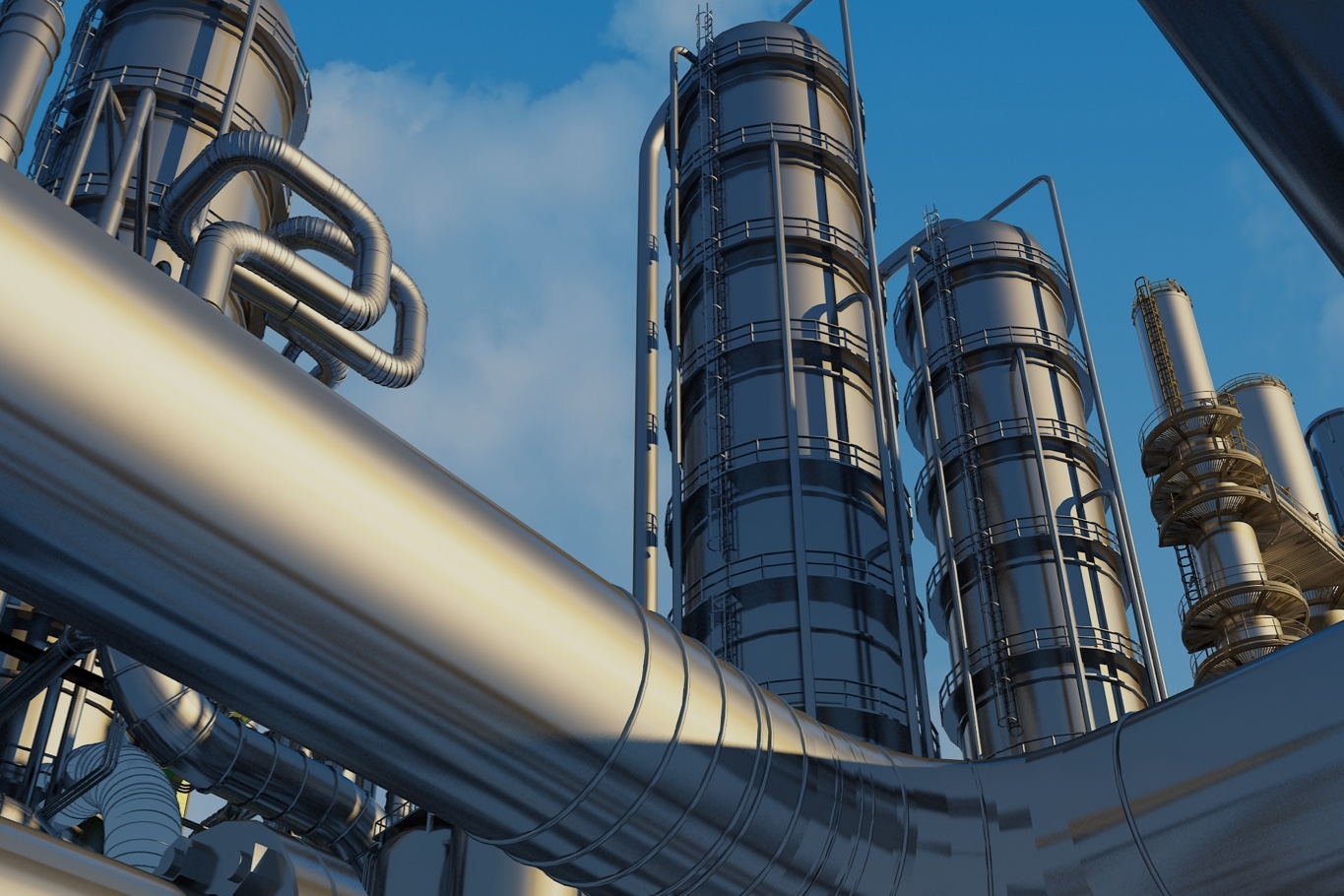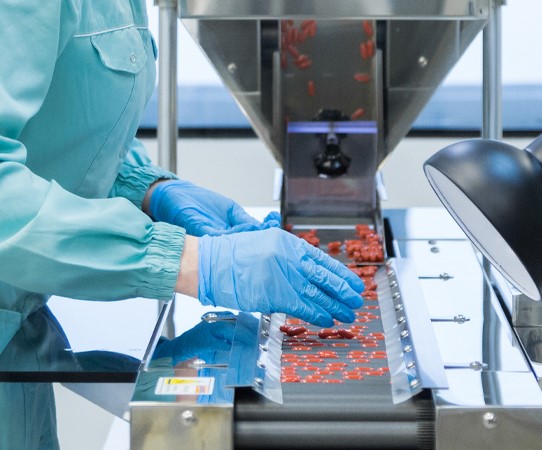Master's Degrees

Bolonha Master's Degrees (Master's Degrees Presentation on February 20):
 | Chemical Engineering (MEQ) develops new solutions to technical and scientific problems in areas where chemistry and engineering intersect. The role of a chemical engineer involves researching, designing, conceiving and operating systems for transforming chemical materials into end products, through chemical and physical processes, within economic, social, ethical and environmental constraints. |
 | Materials Engineering (MEM) studies materials, from their atomic structure and properties to their large-scale production and recycling. A materials engineer analyses and develops materials with a view to their application in the metallurgical and metal-mechanical industry, the polymer industry, ceramics and glass. They also work in certification and quality assurance and in the development of biomaterials and advanced materials, as well as contributing to electronics. |
 | Molecular Science and Engineering (MMSE) is a scientific area with a huge impact on the development of today's society through the study and development of new compounds, materials or products that respond to societal, environmental and industrial challenges, whether in the pharmaceutical or fine chemical industry, agri-food or polymers and nanomaterials. Masters in Molecular Science and Engineering design new molecules using advanced molecular modelling tools, synthesise and characterise them using qualitative and quantitative experimentation in the laboratory. They also work on optimising the process of synthesising these compounds and materials, assessing individual and environmental risks and innovating in terms of sustainability. |
 | Environmental Engineering (MEA) looks at the environmental problems that exist in society, particularly those caused by the implementation of solutions provided by other areas of engineering. In a world where sustainability is the talk of the day, the role of the environmental engineer involves understanding which tools to use to reduce the environmental impact and ecological footprint of human activities, while maintaining the efficiency of the associated processes. As such, they work in the planning and control of pollution, the treatment of waste, effluents and gaseous pollutants and the management of environmental systems, optimising the use of land and territory. |
 | Energy Engineering and Management (MEGE) For several decades now, there has been an increasing need to find solutions to a number of challenges related to the production, storage, transport and consumption of energy. The Master's in Energy Engineering and Management addresses sustainable energy systems in their various economic, environmental and social aspects. As an engineering programme focused on energy, the curriculum includes transversal training in the areas of thermodynamics, chemistry, mechanics, electronics and energy and mass transfer. However, it combines this with strong training in Economics, the Environment and Innovation, stimulating skills associated with creativity, entrepreneurship and leadership, as well as specialised technological knowledge, which are essential for meeting the challenges facing society in the field of energy. |
 | Pharmaceutical Engineering (MEF) is one of the emerging areas with great potential, related to the new paradigms of quality as a manufacturing science in pharmaceutical production. Masters in Pharmaceutical Engineering have a solid background in Pharmaceutical Technology and Pharmaceutical Process Engineering, and are capable of making a significant contribution to technological innovation, improving industrial competitiveness and leadership in most areas of pharmaceutical manufacturing. The Master's in Pharmaceutical Engineering is a joint initiative between Técnico and the Faculty of Pharmacy of the University of Lisbon. |
The DEQ offers the following compulsory courses to other master's programmes:
| Nanostructured Materials and Nanotechnologies (MNN) | MBioNano, MEMat |
| Energy Storage (AEne) | MEGE, MEP |
| Humanitarian Engineering (EH) | MEGE, MEP |
| Waste to Energy (VAR) | MEGE |
| Transport Phenomena I (FT-I) | MEGE |
| Sustainable Fuels (CSus) | MEGE, MEP |
| Petroleum Refining and Coprocessing (RPC) | MEGE, MEP |
| Air Quality Engineering (EQualAr) | MEGE |
| Topics on Batteries (TBate) | MEGE |